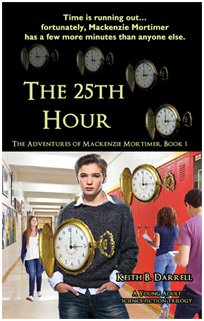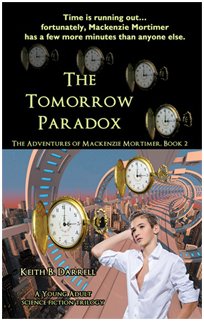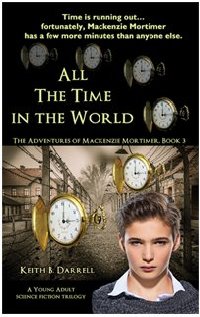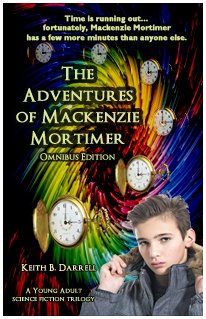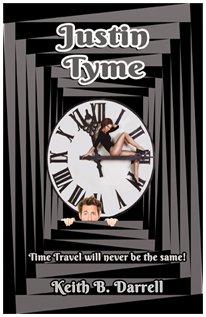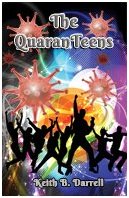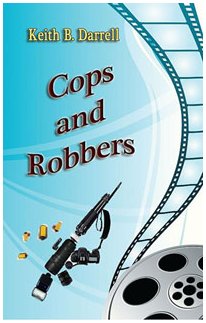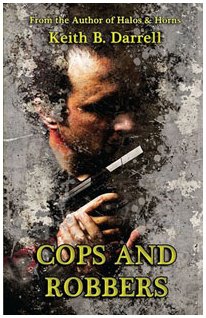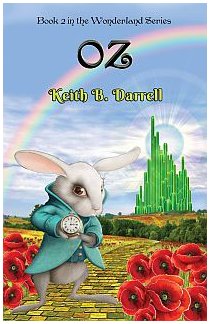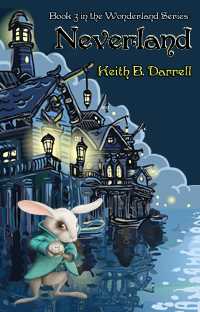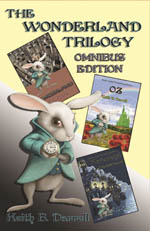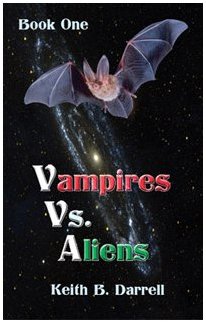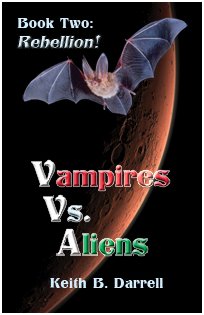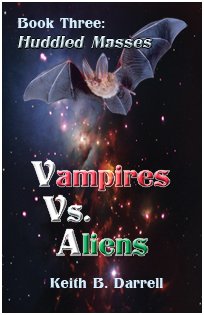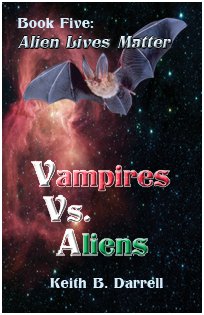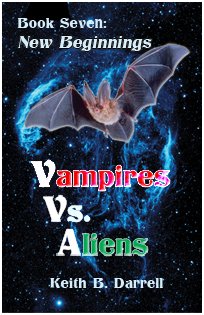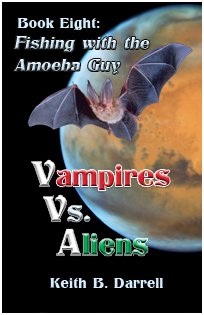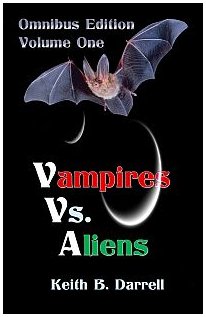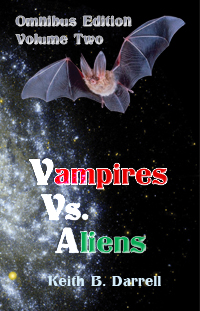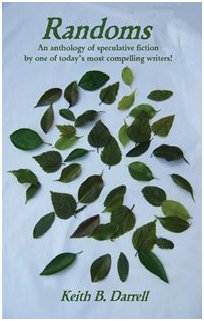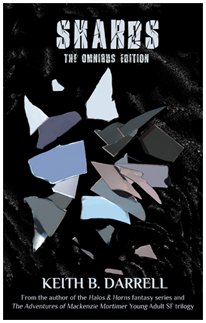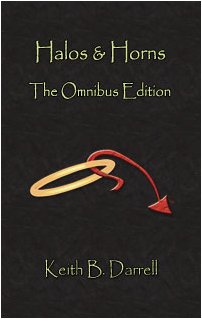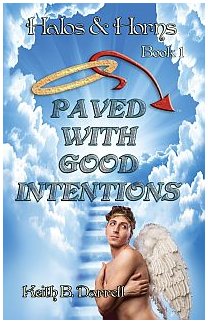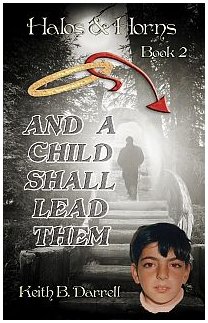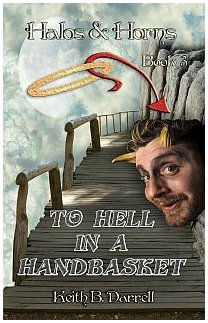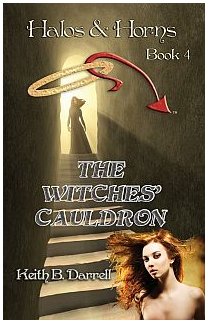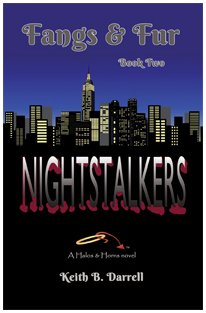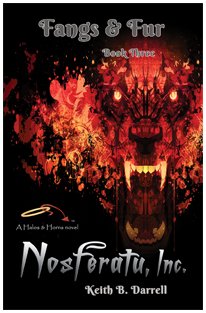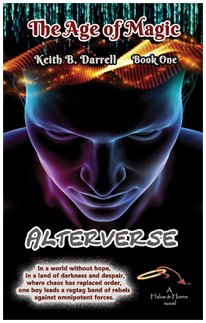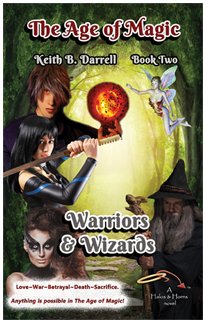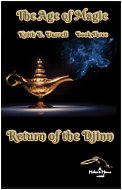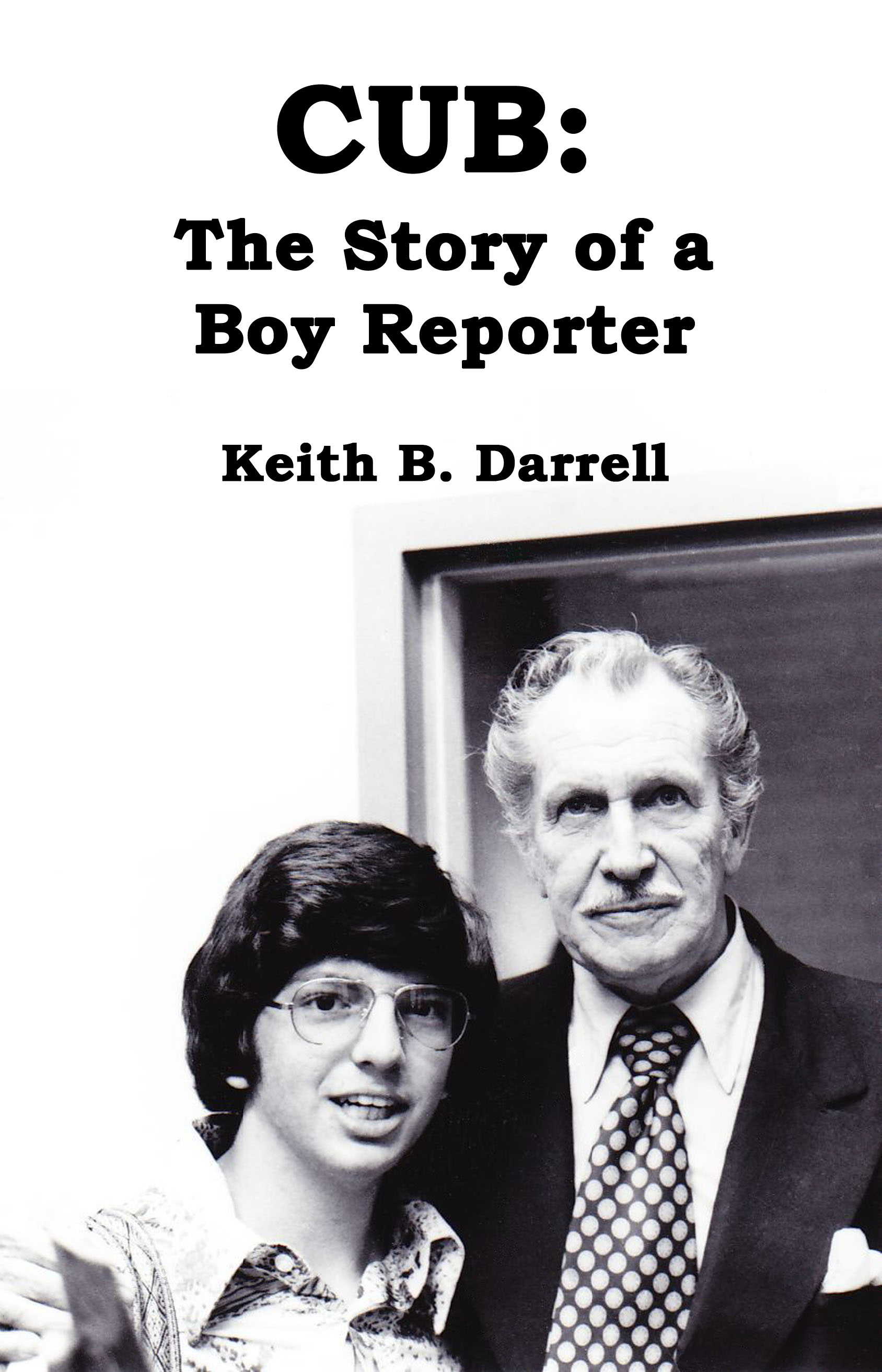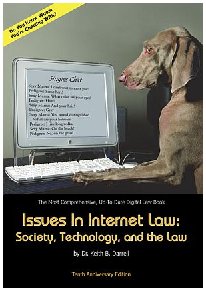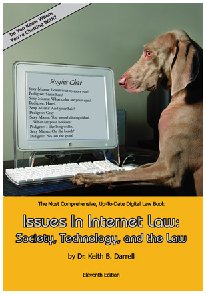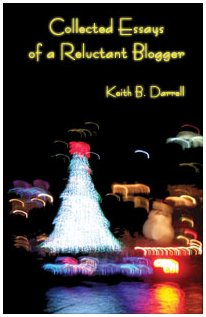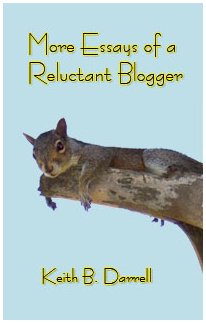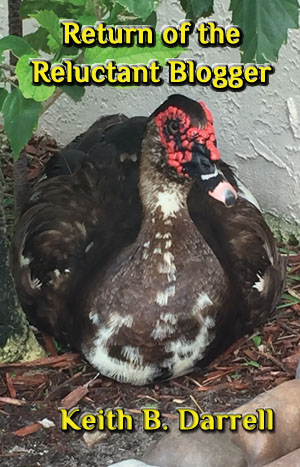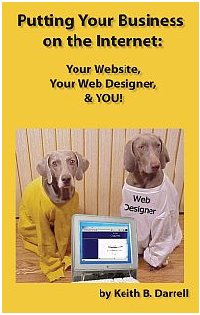I never wanted a blog.
The other marketer placed his hand on my shoulder. “C’mere, kid. Let me explain SEO.” He led me down a dark path, far away from the light shining through the rabbit hole.
My friends insisted I start one, but I resisted.
Frankly, the entire concept made no sense to me. When the first blogs appeared, I opined there were 10,000 blogs writers and 10,001 blog readers. To be fair, the early blogs were little more than online diaries, mostly authored by teenage girls obsessing over boys and makeup and school and boys and that snarky girl in fifth period math class who wore too much mascara and boys… Every sentence contained at least five “like”s, three “you know”s, and several WTF?, OMG! and ubiquitous emoticons (like those smiley faces made by pressing the colon key with the parenthesis key). So, I was like, you know, WTF? why should I, like, be interested in, you know, reading blogs, like, OMG I have better things to do with my time, and who cares if Meagan and Josh just broke up because, like, I don’t know Meagan or Josh, you know, so why should I care? ;)
Then, the mommy bloggers arrived. Stay-at-home moms discovered blogging and took the Internet by storm. While I appreciated paragraphs that read less like banter overheard outside a high school’s girl’s lockerroom, I still couldn’t relate to discussions of diapers, car seats, and Oprah.
Next came the business blogs. At first, I was enticed back to the blogosphere. Here was a subject to which I could relate. But I soon realized they were all saying essentially the same thing, each stating the obvious with a newfound sense of discovery. Soon, every business was told it must have a blog. Never mind if they had nothing to say; the competition had blogs so customers expected them to, as well.
The proliferation of blogs continued. It expanded beyond business. Everyone needed a blog. No matter if they had nothing worth saying. No matter if they lacked writing skills. No matter if they lacked potential readers. It was de rigueur.
So I started a little personal blog. No one read it. But when my friends asked if I had a blog, I could answer yes, and that seemed to satisfy them. They never asked to follow it, but at least I no longer received daily lectures on why it was essential that I have a blog. I had conformed and they were satisfied. As Winston Smith had accepted Big Brother, I had accepted the Blogosphere. It left me alone. For a while.
* * *
When I began writing and publishing books, the marketers told me I needed a platform. I returned with a pallet, a wooden crate, and a soapbox. They shook their heads, informing me that “platform” was Newspeak for an online marketing strategy, which translated into having a blog.
“I already have a blog”, I announced.
They appeared skeptical. I showed them my little personal blog that no one was reading.
“That won’t do,” they replied. “Your blog must be specific to your writing career.”
“Why does an author need a blog?” I asked.
“So people can read what you have to say.”
“That’s why I write books,” I replied, attempting to digest the kernel of explanation I had been presented.
“No, no,” they admonished. “All the successful authors have blogs. Stephen King has a blog. Stephanie Meyer has a blog. Neil Gaiman has a blog. Their blogs have hundreds of thousands of readers.”
“And who reads their blogs?” I ventured.
“Their fans. The people who read their novels.”
“So I should write books to generate a following for my blog?” I asked, attempting to follow the Carrollian logic.
They nodded. “The more successful your books are, the more blog followers you’ll have. Once you’ve gone viral, it won’t even matter if your books are pure schlock.”
“But my books are well written, not schlock!” I protested.
“Irrelevant,” the marketers replied. “Fans want to read about the authors.”
This was an odd notion to me. As a boy, I was a voracious reader. I read hundreds of books by hundreds of authors. I could tell you everything about the stories, the plots, the characters, and even the authors’ writing styles – but nothing about the authors themselves. What was important to me, and the other readers of my (pre-Internet) time, was a good story, not the personal life of the author behind it. We enjoyed their works in complete ignorance of their personal lives.
In fact, many wrote under pseudonyms and pen names, so the authors weren’t even who we thought they were. All I knew about Franklin W. Dixon – and all I needed to know – was he had authored the 58 Hardy Boys books, each of which I devoured upon their monthly release. Alas, I was to learn as an adult I knew even less about the author of my childhood novels: Franklin W. Dixon never existed. Dixon was a pen name. The first books were written by Leslie McFarlane, with later novels written by Harriet S. Adams and a host of ghost writers. Mark Twain turned out to be Samuel Clemens. O. Henry was a man named William Sydney Porter. Lewis Carroll was really Charles Lutwidge Dodgson. Belgian cartoonist Hergé, creator of my beloved Tintin strip, was not Hergé but Georges Remi. All those science fiction books by Murray Leinster were actually penned by William Fitzgerald Jenkins. My God, even Dr. Suess was not Dr. Suess! He was Theodor Geisel. Had he even been a doctor?
It was like a scene from George Orwell’s “1984”; except Orwell was really Eric Arthur Blair. Did I know, or care, that Ayn Rand was Alisa Rosenbaum? Of course, I was shocked to learn James Tiptree, Jr. was a woman, but again, that tidbit had no bearing on my enjoyment of his, er, her writing. The point is, it is the writing that is important, not the author’s personal life or even his or her true name or gender. Authors shouldn’t be celebrities and they should not cultivate fans – although, speaking as an author, it is gratifying when my work attracts fans. (In an ideal world, I would prefer widespread exposure of my work combined with complete anonymity. Sadly, anonymity and endorsing checks paid for one’s work do not go hand-in-hand.)
Whenever I did find out details about a creator’s personal life, I often wished I hadn’t. Richard Wagner, the enormously talented composer of the incredible “Ride of the Valkyries”, was an anti-Semite. Sylvia Plath was so emotionally disturbed she stuck her head in an oven to die by carbon monoxide poisoning. Authors can create masterpieces that affect and shape our lives, or at the very least bring us entertainment and expand our knowledge. But they are human and should not be placed on pedestals for, being human, they have feet of clay. Readers should enjoy, even cherish, an author’s work, but not seek to look behind the curtain.
“Wouldn’t my time as an author be better spent writing books instead of blog posts?”
The marketers shook their heads. “It doesn’t have to be an either-or scenario. You can collect your blog posts and publish them as a book.”
I tried to imagine people paying for something they had been reading for free online.
“We can even publish it as an e-book.”
“An e-book?” I repeated.
One of the marketers peered down at me. “”Yes, an electronic file readers download from the Internet.”
“Why would they pay to download a file that’s already available online for free?” I asked.
The other marketer shrugged. “You don’t have to charge for your work. There are sites where you could even give it away.”
The Carrollian logic overwhelmed me. A career in which the goal is not to be paid for one’s labor? I began looking for the rabbit hole so I could climb back to reality.
“Wait!” The hand on my shoulder paused my ascent. “What if we offered you another reason for blogging?”
I pulled back, curious. “I’m listening.”
“What if you could use your blog to talk directly to your readers?”
“I do that already. I write books.”
“But,” the marketer said, “what about the things left unsaid in your books?”
I climbed back down. I was intrigued. My current passion was my “Halos & Horns” fantasy novel series. There were so many things I hoped readers might pick up on that I could not actually comment on in the books, short of publishing an annotated version. Everything from the origins of characters’ names to obscure details about scenes in the books. “So, I can talk about anything I want to, in this author’s blog?” I asked, hesitantly.
The marketers smiled. No, it was more of a smirk. They knew they had me. “Sure, talk about your books, talk about the craft of writing. Whatever you want. It doesn’t matter; it’s not like anyone is going to read it, anyway.”
“What?” I asked, shocked. “I thought the whole point of having an author blog was—”


